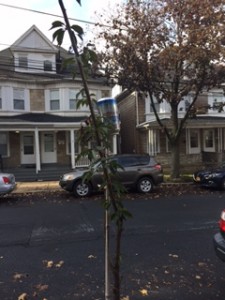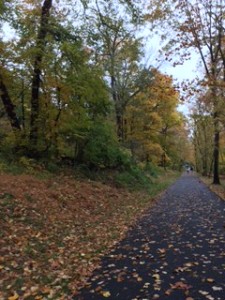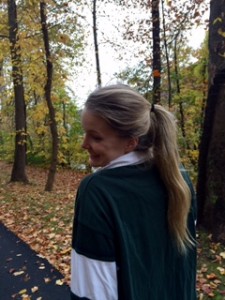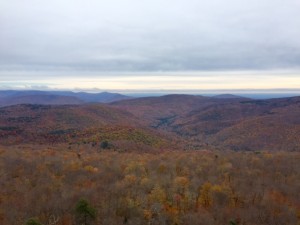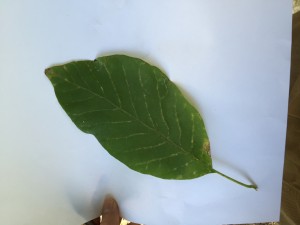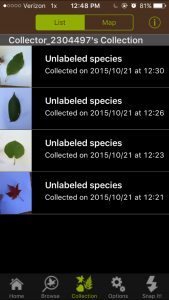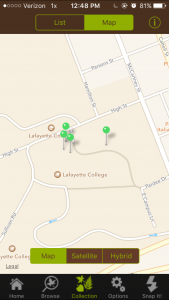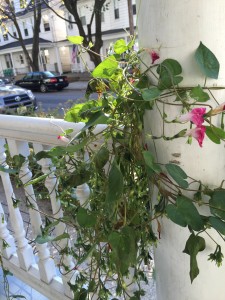“I don’t think names tell us much of character, essence, meaning. Einstein thought that the most mysterious aspect of the universe is what he called its “comprehensibility.” (50 Watching the Birds)
I like this quote because I have always wondered why we are forced to have to recognize different species, everyones name in a room. It also made me think about The Fantastic Mr. Fox where they are naming the different species in latin.
“The most mysterious thing about the universe is not its comprehensibility but the fact that it exists” (51 Watching the Birds)
I think this is an interesting analogy and it offers a different way to look at the world. It reminds us to think about the magic that is hidden in nature and simply why things happen the way they do”
“In the spring the wish to wander is partly composed of an unnamable irritation, born of long inactivity; in the fall the impulse is more pure, more inexplicable, and more urgent. I could use some danger, I suddenly thought, so I abruptly abandoned the creek to its banks and climbed the cliff. I wanted some height, and I wanted to see the woods” (249 Dillard)
I like the comparison of spring to fall because of the cyclical nature of the seasons. I also got this feeling about hiking in the fall. In the spring I feel like everyone is just going out after waking up after their long winters nap when they are hiking and exploring through the woods. In the fall you go exploring because it’s more of a fun thing to do and less of a necessary activity.

